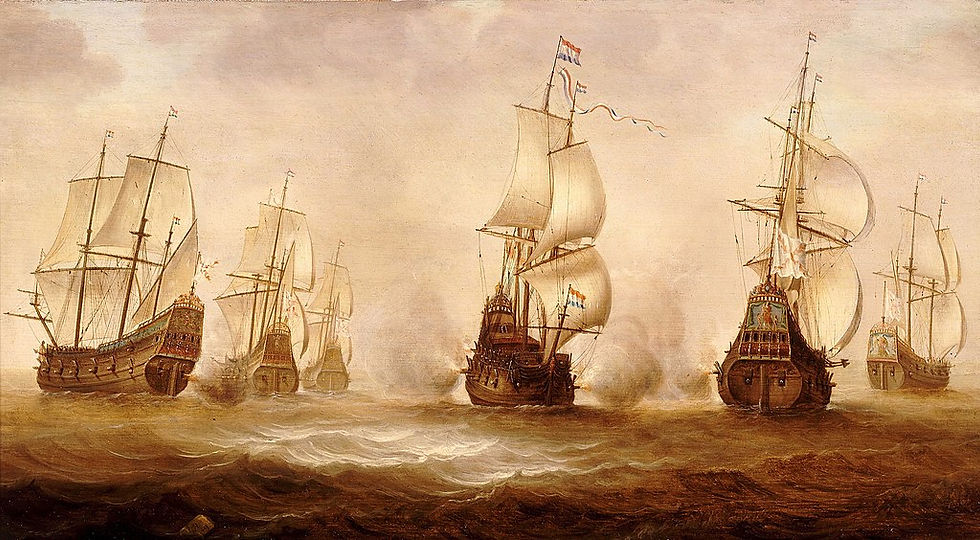Creating Believable Characters by Allison Symes
- authorvalpenny
- Aug 19, 2023
- 3 min read
It is always a pleasure to welcome my friend and fellow author, Allison Symes to the blog. Today she discusses her techniques for creating believeable fictional characters. Over to you, Allison.
Thank you for having me back to your blog, Val. I enjoy talking about creating fictional characters because characters make stories work. Readers must get behind your characters to want to read on, whether it is to cheer them on to success or fervently hope they get an overdue comeuppance.

To do that, readers need to understand where your characters are coming from in terms of attitudes and why they hold these. It doesn’t mean the readers have to agree with those attitudes. There are some of my characters whom I’d hate to meet in life if that were possible because we wouldn’t get on!
Yet I could write their stories - how? Simply I gave them a motivation most people would understand even if my characters then took that motivation in the wrong direction.
Love is a wonderful motivator for so many deeds but it can be misused. We talk about crimes of passion where love has gone wrong. There is a lot of psychology behind fiction. We read to escape, to be informed, to find out how characters handle situations we would never face. We can apply psychology to our characters too. What can motivate us can motivate them.
I outline a character before I write a story. I need to know what their major trait is because so many attitudes and actions result from that. If my character is brave, how could that be manifested?
They could obviously carry out brave acts but what if the character thinks they’re brave and everyone else thinks they’re reckless? Every story relies on conflict and resolution. Your character’s main attribute could cause conflict. Another character’s trait may be the resolution. Simple outline right there.
Having a character with traits we can identify with (even if we don’t sympathize) is a key element to having believable characters. We know from our life experiences, and the books we read, what makes people tick - usually. We can apply that knowledge to our characters.

The two most useful questions for any author to ask of their characters are why are you like this and what drives you? You could also explore what would your characters never do and then put them in a situation where they face having to do that. How would they handle this?
Early in your story, we would know your character, say, hated stealing. Later, if they must steal something to save someone, we will be reading on curious to find out how they handle this. There will be tension as the character wrestles over what to do. But we will believe them and that tension. We understand why they are struggling.
Even the most fantastical creation must have elements readers can relate to and it usually is in actions motivated by attitudes. A character who acts out of fear we can believe. We know this happens. We do so sometimes.
This is where write what you know comes into its own. We know what we are like. We know the characters we love and loathe. We can take those elements and put them into our characters. It is a useful exercise to work out what you like and loathe about characters. From there you can work out why you feel that way.
I can’t stand “wimpy” characters. I make sure I don’t write any! I love characters who know their mind and are true to themselves so like to write my creations that way.
This is where reading widely helps the writer. As well as being fun, you have a wider range of characters to study. Character study always pays off. I’ve found that to be the case for my creations.

The Author
I'm Allison Symes. I write flash fiction and short stories and describe what I write as fairytales with bite/quirky fiction.
I have been published online and in print by Bridge House Publishing, Cafelit, Iron Press and Chapeltown Books, who published my first flash fiction collection, Tripping The Flash Fantastic, in 2017.
I'm delighted to say my second flash fiction collection, Tripping The Flash Fantastic, has now been published by Chapeltown Books.
I was one of the winners of the 2020 Waterloo Arts Festival Writing Competition with my story, Books and the Barbarians. I've been one of the winners for this competition three years in a row. Please see Transforming Communities, To Be...To Become and Transforming Being as these are the compilations of the winning entries. Later in 2020 there should be a paperback of these three ebooks.
I also blog for Chandler's Ford Today, an online community magazine, and usually on topics of interest to other writers.








Comments